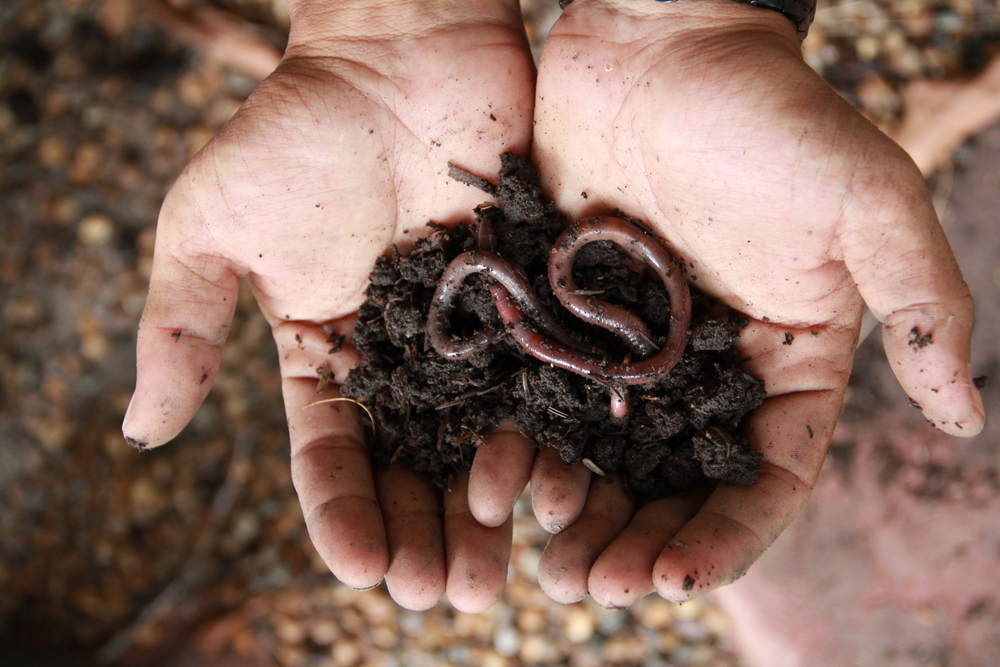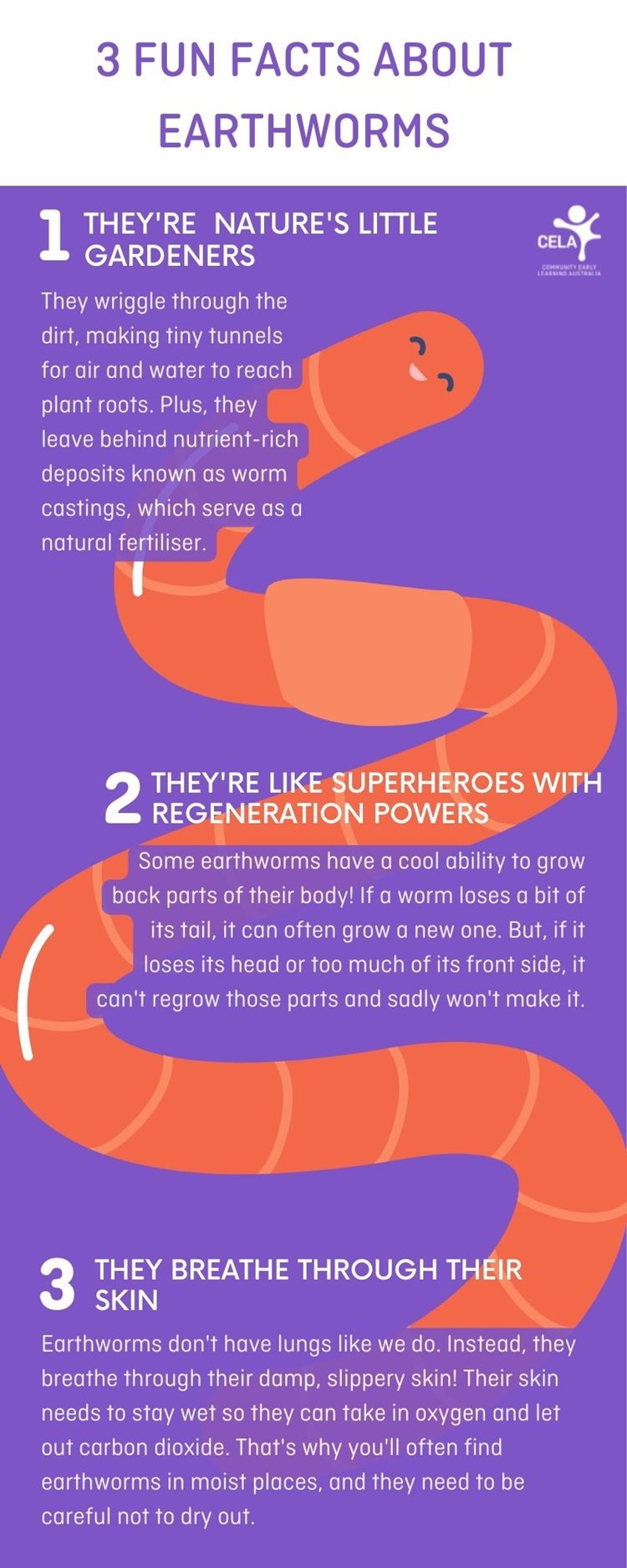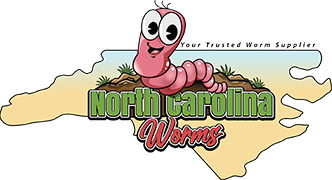The Best Guide To North Carolina Worms
The Best Guide To North Carolina Worms
Blog Article
North Carolina Worms Things To Know Before You Buy
Table of ContentsNorth Carolina Worms - The FactsThe North Carolina Worms IdeasIndicators on North Carolina Worms You Should KnowNorth Carolina Worms Things To Know Before You Buy
Example: 1-gallon of worm spreadings to 4 gallons of potting mix. 1/2 cup in the base of the planting opening for smaller plants. 1 mug for bigger plants.
The enhancement of tea can additionally include boosted microbial biomass to your soil. You can constantly side-dress your plants with worm spreadings any time. Just keep in mind, the microorganisms will certainly pass away if subjected to UV rays (Sunlight), so make certain to cover the castings with an inch or two of soil.
This frustrated them for several years up until the screening techniques progressed. They located that plant growth and health showed a Normal curve. It would certainly obtain much better(with even more castings), degree off, and then decrease. They were mystified. They ultimately discovered that excess plant-growth hormonal agents were the culprit. Way too many worm castings would certainly increase the development to a speed that the plant can not recuperate from.
The smart Trick of North Carolina Worms That Nobody is Discussing
Lots of herbicides work on this exact same concept. 20% by volume seems to be the "Sweet Spot". I have stated the merits of worm spreadings for regarding 2000 words. What regarding the opposite side of the coin? Absolutely nothing is excellent. Worm spreadings are no various. It requires time to develop quality worm castings.
Worm spreadings certainly cost even more than chemical plant foods. Worm spreadings are on the cheaper end of natural plant foods. (50 gallons per year) It is a much more challenging and very expensive investment to generate big amounts of worm spreadings.

Producing a healthy and balanced dirt may be the greatest advantage of worm castings. Healthy soil was discussed and just how crucial this has come to be to everybody. The top ten advantages of worm castings were also offered. We reviewed worm castings NPK and also the correct nutrient analysis that should use to worm castings.
North Carolina Worms for Dummies
We spoke concerning some of the downsides linked with worm castings. I covered a great deal of product in this post.
The upright burrows are typically open, although the worms cap the leading with deposit and waste matter. Origins need oxygen for their development, whereas they produce carbon dioxide that requires to leave the dirt.
Earthworms increase porosity by 2 mechanisms: (1) by creating permanent burrows, and (2) by improving dirt aggregation. Aggregation is improved by the blending of dirt and organic matter in the earthworms' guts. Lake Rhodhiss Bait. These extremely stable accumulations are transferred by some earthworms in their burrows, and by others at the surface of the soil


In one more study, earthworms were estimated to consume 4 to 10 percent of the top 6 inches of the soil annually. Dirt compaction lowers the porosity of the soil.
The Single Strategy To Use For North Carolina Worms
Regular earthworm populaces can quickly eat 2 lots of dry issue per acre annually, partially absorbing and mixing it with soil. The importance of earthworms to blend surface area deposit with soil becomes very clear in dirts that do not have any type of earthworms. A lot of our Pennsylvania soils have at the very least some earthworms, and the effect of their complete absence, for that reason, can not be noted.
(https://www.reddit-directory.com/North-Carolina-Worms_641093.html)In these dirts, the development of topsoil with sensible raw material content did not happen, leading to bad plant development. As soon as the reason was developed, the federal government of the Netherlands began a project to present earthworms. After the intro of the earthworms, a dark topsoil layer was formed, and crop growth increased significantly.
They live primarily from partially decomposed natural matter that is already included in the dirt. These types ingest large quantities of soil that they mix with digested plant residue in their guts.
Their burrows remain open, although they cover the leading with crop residue that they draw to the entryway. These species consume considerable amounts of soil that they combine with digested deposit in their digestive tracts. Their waste matter is mostly deposited at the surface area of the soil. The nightcrawler Lumbricus terrestris is the most noticeable participant of this team.
Report this page